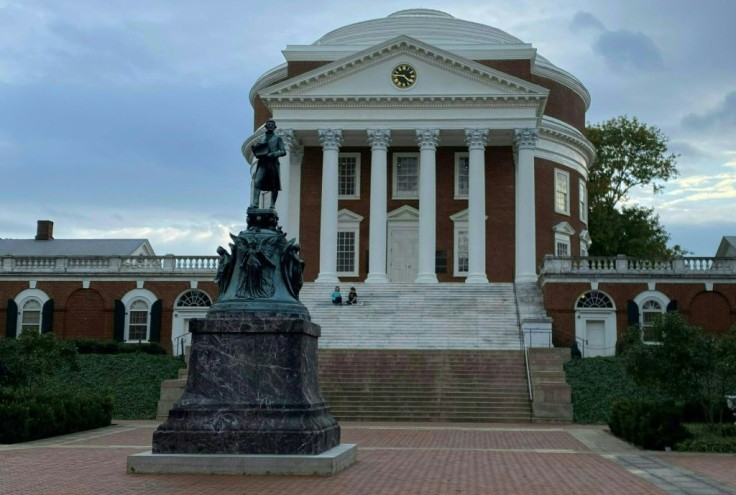
The University of Virginia is at the center of a growing debate over the future of public higher education. On August 4, 2025, UVA's Board of Visitors appointed law professor Paul Mahoney as interim president, following Jim Ryan's abrupt resignation. This wasn't a routine transition. It came after months of tension, with state officials led by Governor Glenn Youngkin, asserting more control over university governance.
Youngkin's fingerprints are unmistakable. He has filled several UVA board seats and pushed for reforms that strengthen state oversight. Robert Hardie, chair of UVA's board, said Mahoney "brings deep experience" at a "critical time." But that 'critical time' is defined by more than a change at the top—it's about who sets the agenda for Virginia's flagship university.
Across the country, state governments are tightening their grip on public universities. In states like Florida and Texas, lawmakers have passed bills cutting funding for diversity, equity, and inclusion (DEI) offices and imposing strict new controls on curriculum. Virginia has seen similar proposals, though they've struggled to clear a divided legislature. Still, the pressure is real—and increasing.
This wave of political involvement is reshaping how universities operate. Who sits in the president's chair matters, but so does who's pulling the levers behind the scenes. State-appointed boards now have a bigger say in hiring, campus policy, and even what students learn. Policy experts warn this trend threatens institutional autonomy. Dr. Michael Poliakoff of the American Council of Trustees and Alumni says transparency is important, but "excessive political interference could erode trust among faculty and students." Dr. Mildred Garcia, president of the American Council on Education, adds that abrupt leadership changes often signal "deeper governance challenges" rooted in outside pressure.
For UVA, the stakes are high. Leadership instability can spook donors, drive away talented faculty, and make prospective students think twice. It can also impact national rankings and research funding. And this isn't just speculation: a recent Pew Research Center survey found only 38% of Americans now express high confidence in college leaders—a sharp drop from previous years. The partisan divide is striking. Republicans are more likely to back increased state oversight, while Democrats and independents largely oppose it. A July poll from Roanoke College showed Virginians split on the issue, with support for state intervention strongest among Republicans.
Why should citizens care? The rules being rewritten at UVA will set precedents for public universities nationwide. As Virginia heads into another election season, candidates are already signaling that higher ed reform will be on the ballot. That could mean new laws affecting university boards, campus policies, and the very meaning of academic freedom.
Looking ahead, experts expect more fights over who controls public higher education. Universities may try to rewrite their own charters to buffer against political swings or seek new alliances with alumni and business leaders who value institutional stability. Meanwhile, other states are watching Virginia closely, ready to follow—or avoid—its example.
The University of Virginia's leadership shakeup is more than a local story. It's a warning shot in a national contest over the soul of public education—one that will shape campuses, classrooms, and communities for years to come.
© 2026 University Herald, All rights reserved. Do not reproduce without permission.








